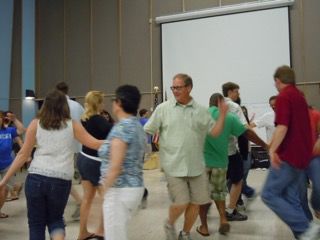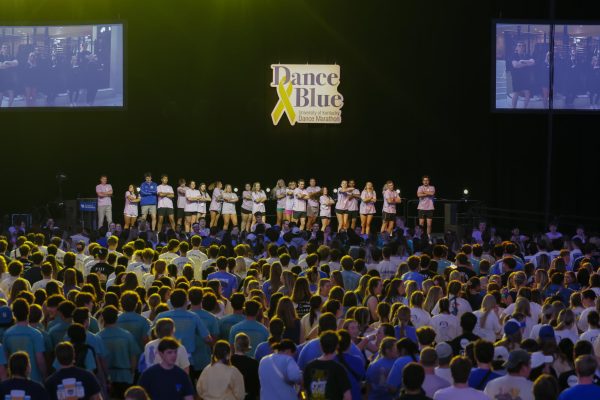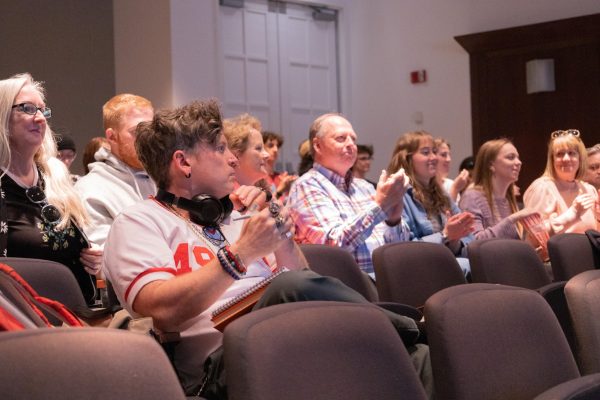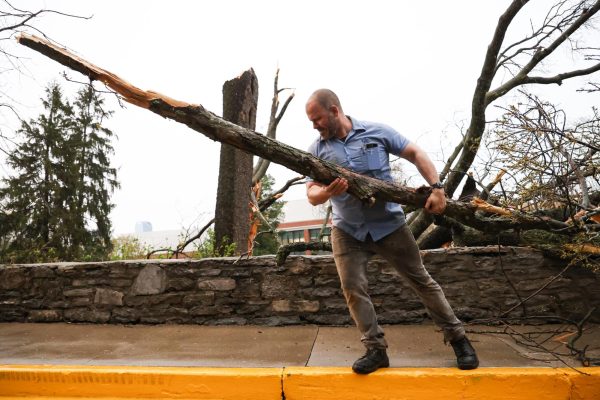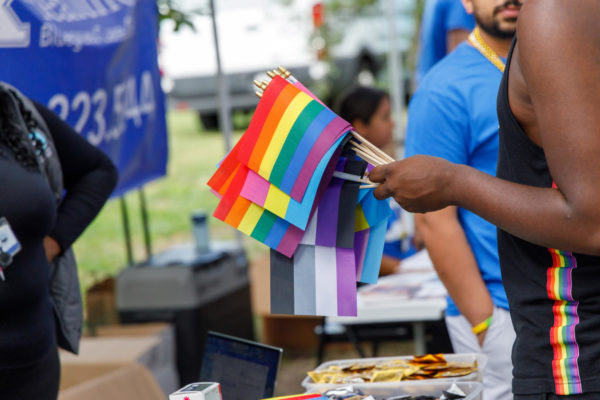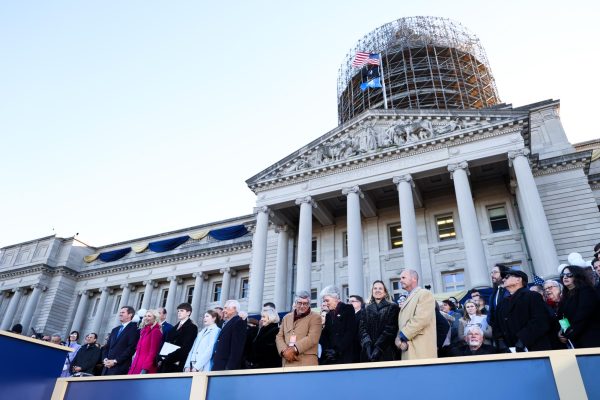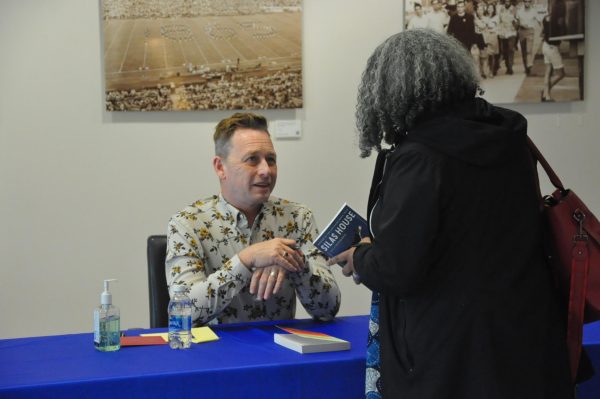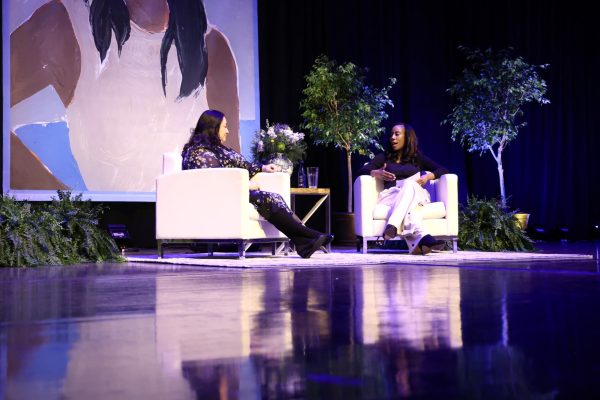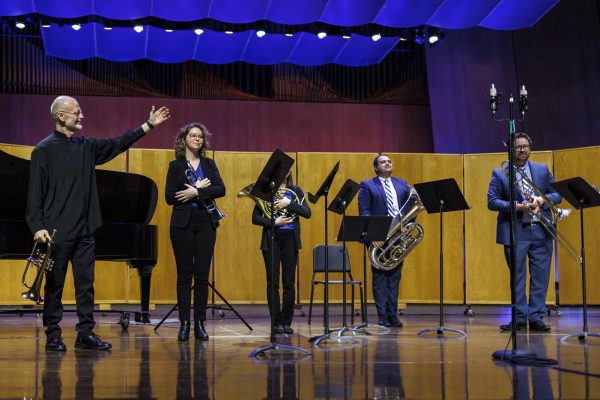Music education majors learn a unique way to teach in the classroom
June 16, 2016
Music educators can learn a unique and creative way to teach students music beginning next week on campus.
The Orff Schulwerk Music Education Summer Training will start this Monday. UK has hosted the program for 30 years, but the training is overseen by the American Orff-Schulwerk Association. UK will offer three levels of training from the program for summer 2016.
The approach gives teachers a way to teach music by combining music, movement, speech and drama. Techniques can seem geared toward elementary education, but Martina Vasil, who has a doctorate in music education, is the director the training at UK and has used the Orff approach in practice, said teachers in all subject areas will find something useful from the training.
The Orff Schulwerk approach was developed in the 1940’s by German composer Carl Orff, who is famous for Carmina Burana, and one of his students Gunild Keetman, Vasil said. The pair explored different ways to integrate music, theater and dance at a women’s dance school when creating the approach. Vasil said the program emphasizes “play, creativity and meeting students where they are.”
The program is only 10 days and the cost is $500. Students can only learn one of the three levels at a time and the ability to read music is necessary. Sessions will begin on June 20 through June 24 and then continue the following week on June 27 through July 1. Each day will begin at 8:30 a.m. and end at 4:30 p.m. with an hour-long lunch break.
Graduate students can receive nine credit hours toward a 12 credit hour certificate called the Graduate Certificate in Orff Schulwerk in the masters of music education program at UK, and will have to do slightly more written work. Undergraduate students can participate as well.
Vasil wrote in an email to the Kentucky Kernel that sessions will include “basic pedagogy, recorder playing, special topics, movement and practice teaching.” Vasil also said homework for the program includes recorder playing and creating lesson plans.
Vasil said the four instructors for the summer training are not UK faculty, but some UK faculty will present special topics to students during the program.
“People say, ‘Wow, this has really helped me understand how to create a lesson plan better. This has really taught me new teaching practices I never thought of before,’ … overall, they think it’s very beneficial and they really appreciate how active it is,” Vasil said. “You really don’t sit down much.”
Vasil expects 67 teachers to participate this year, which includes two undergraduate students. Vasil said she wants the number of undergraduates in the program to grow. For non-music education majors who might be interested in the training, Vasil recommends participating in one of the Saturday sessions held during the academic school year.
“If anyone wants to stop in and take a lot and see what it’s about, they are more than welcome to. They can contact me and I can give them a tour,” Vasil said. “They could even participate in sessions and see how they like it.”
More information about the Orff Schulwerk Music Education Summer Training at UK can be found here.
















































































































































